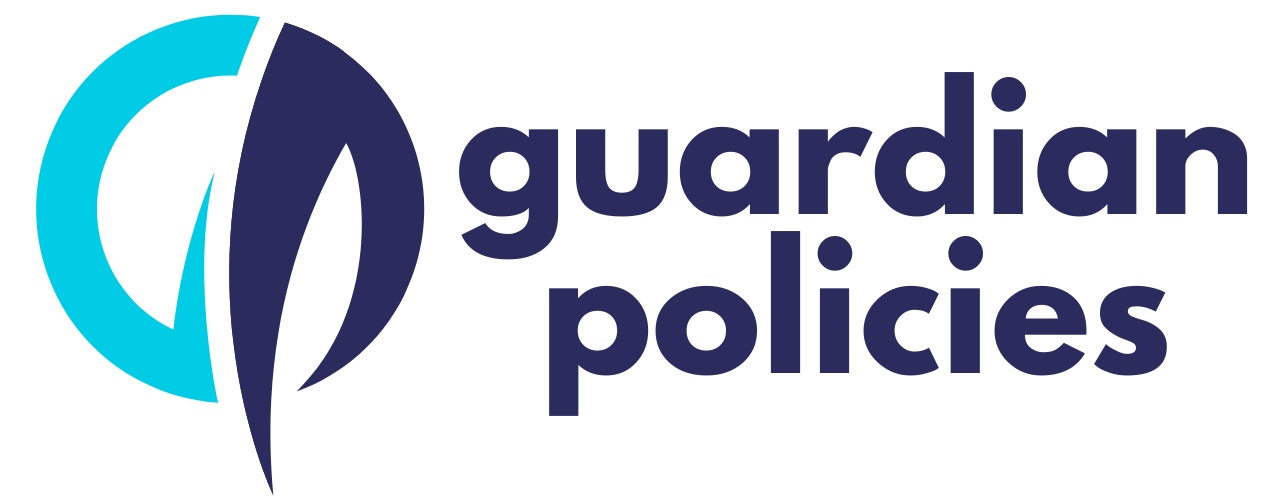
Understanding Homeowners Insurance: What It Covers and What It Doesn’t
Homeowners insurance is a crucial aspect of owning a home, providing financial protection against various risks. While most homeowners are aware that insurance is necessary, many are unsure about what their policy actually covers and, more importantly, what it does not. Understanding the scope and limitations of your homeowners insurance is essential for ensuring that you are adequately protected. This article provides a detailed look at the coverage typically provided by homeowners insurance policies and highlights common exclusions.
What Homeowners Insurance Covers
- Dwelling Coverage
- Fire and Smoke Damage: Most standard policies cover damage caused by fire and smoke, a common risk for homeowners.
- Windstorm and Hail: Damage from natural events like hurricanes and hailstorms is generally covered, though specifics can vary by region and policy.
- Vandalism and Theft: Protection against damage or loss due to vandalism or theft.
- Water Damage: Typically covers water damage from internal sources like burst pipes, but not external flooding.
- Other Structures Coverage
- Personal Property Coverage
- Loss of Use/Additional Living Expenses (ALE)
- Liability Protection
- Bodily Injury: Medical expenses and legal fees if someone is injured in your home.
- Property Damage: Costs associated with damage you accidentally cause to another person's property.
- Medical Payments Coverage
Common Exclusions in Homeowners Insurance
- Flooding
- Earthquakes and Earth Movement
- Wear and Tear
- Sewer Backup
- Mold Damage
- Acts of War and Nuclear Hazards
- Expensive Personal Property
- Intentional Damage
How to Ensure Adequate Coverage
- Review and Update Your Policy Regularly
- Consider Additional Coverage
- Understand Your Policy Limits
- Create a Home Inventory
- Consult with Your Insurance Agent
Conclusion
Homeowners insurance is a vital component of financial protection, safeguarding your home and personal property against various risks. However, it's essential to understand what your policy covers and where exclusions apply. By reviewing your coverage, considering additional policies for specific risks, and consulting with your insurance agent, you can ensure that you have comprehensive protection tailored to your needs. This proactive approach will provide peace of mind and financial security, allowing you to enjoy your home with confidence.All Categories
Recent Posts
guardianpolicies0 Comments
Preparing for Retirement Essential Financial Steps to Take in Your 40s and 50s
guardianpolicies0 Comments
The Impact of Credit Scores on Insurance Premiums What You Need to Know
guardianpolicies0 Comments




